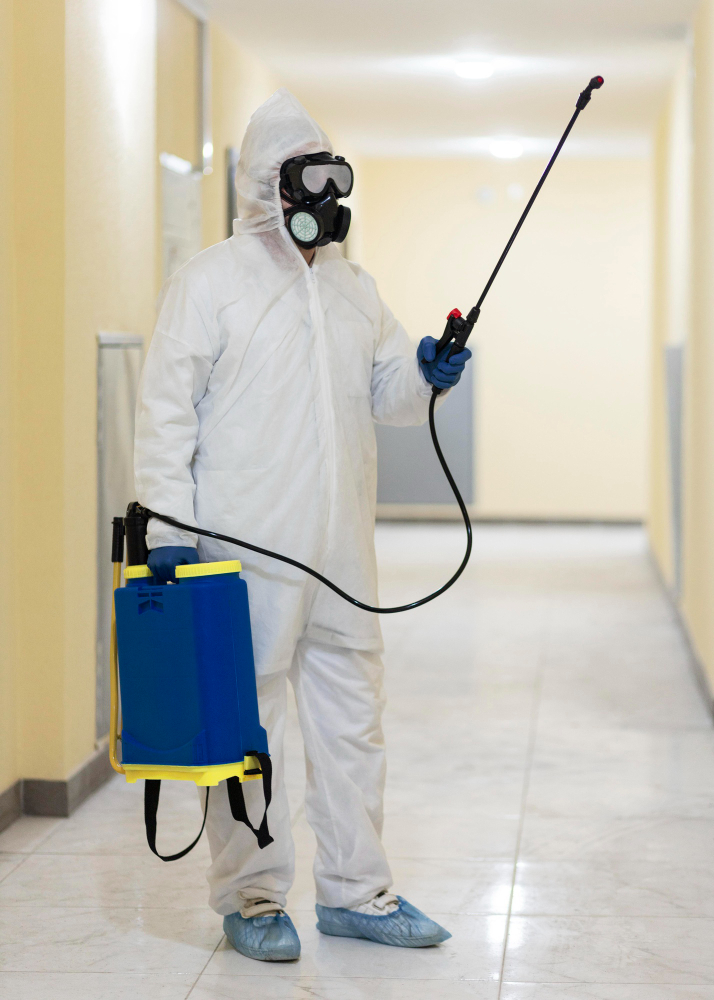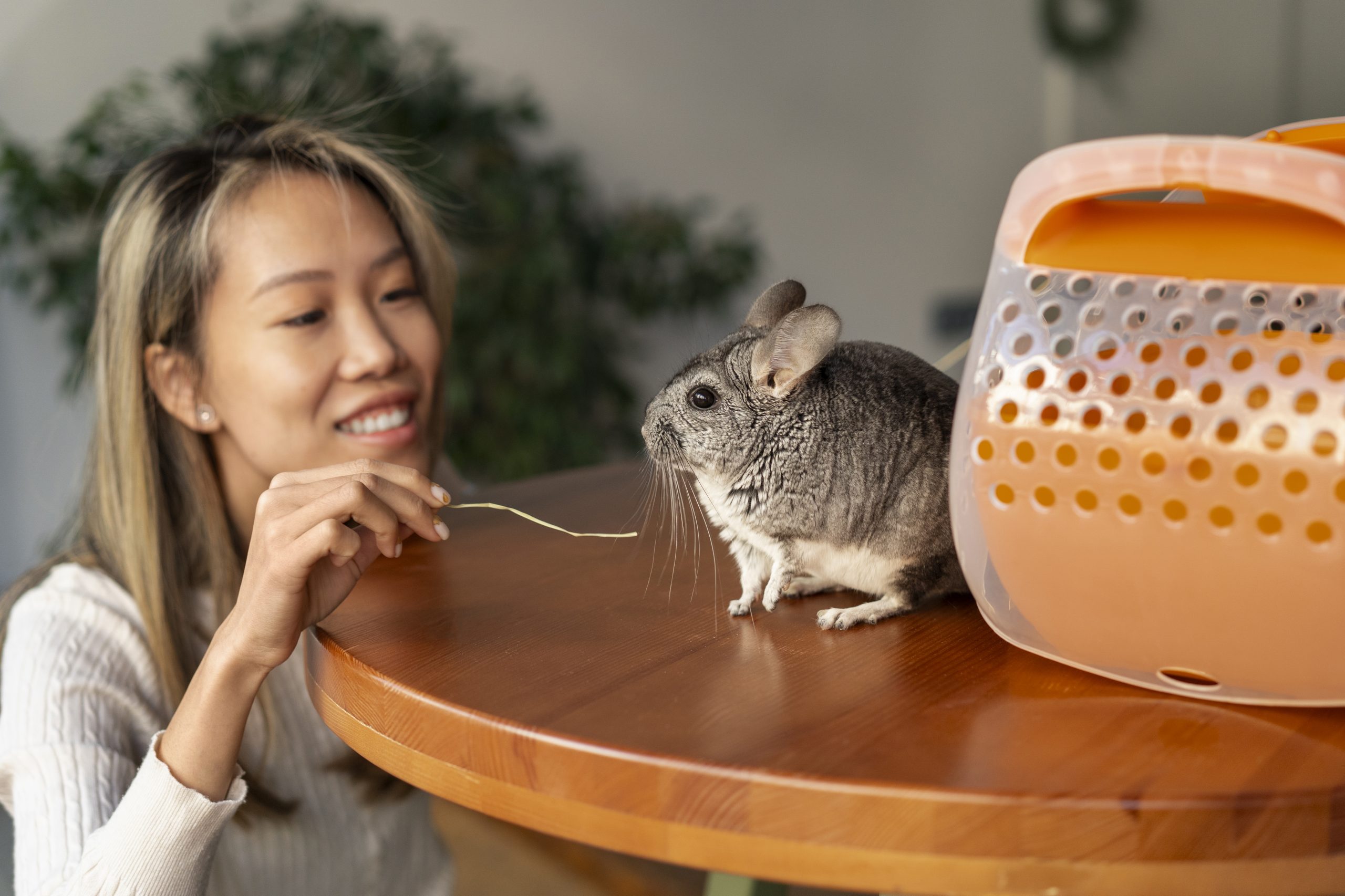Rodents are one of the most common pests in homes. They can chew wires, spoil food, and spread germs, making living spaces unsafe. But controlling them doesn’t have to involve harsh chemicals or cruel traps. By using humane rodent control methods combined with a proper pest inspection, you can protect your home safely and effectively.
Inspect Your Home First
The first step in controlling rodents is understanding where they are and how they get in. Look for:
- Cracks or holes in walls, floors, and doors
- Gaps around vents, pipes, or utility lines
- Food storage areas, trash bins, and pet feeding stations
- Damp or cluttered spaces where rodents can nest
A careful inspection helps identify problem areas and ensures that your control efforts are focused.
Seal Entry Points
Keeping rodents out is one of the most effective and humane strategies:
- Fill cracks and holes with steel wool or mesh
- Repair screens on windows and vents
- Install door sweeps and weather stripping
Once entry points are blocked, rodents have fewer ways to enter your home, reducing the need for traps or chemicals.
Remove Food and Water Sources
Rodents come indoors seeking food, water, and shelter. Reduce their access by:
- Storing food in airtight containers
- Cleaning up spills, crumbs, and garbage regularly
- Fixing leaks and eliminating standing water
- Reducing clutter where rodents could hide
By making your home less attractive, you prevent infestations before they start.
Humane Traps
When you need to remove rodents, live traps are the safest and most ethical option:
- Choose traps that catch rodents alive
- Check traps frequently to reduce stress
- Use bait such as peanut butter or seeds
- Release rodents in a safe location far from your home
Live trapping ensures rodents are removed without harm.

Avoid Cruel or Dangerous Methods
Some common methods can be harmful or inhumane:
- Glue traps can cause long suffering
- Poison can harm pets, wildlife, and children
- Improperly set snap traps may injure rodents instead of killing instantly
Using humane alternatives keeps both your family and animals safe.
Use Natural Deterrents
Non-lethal deterrents can complement other control methods:
- Peppermint or eucalyptus oil in rodent-prone areas
- Ultrasonic devices to discourage rodents
- Bright lights or gentle noise in hiding areas
While not a full solution alone, these methods help keep rodents away when combined with inspection and exclusion.
Monitor and Maintain
Humane rodent control requires ongoing attention:
- Check and reset traps regularly
- Reinspect blocked entry points
- Continue keeping food sealed and areas clean
- Conduct regular pest inspections for early detection
Consistent monitoring ensures your home stays rodent-free.
When to Call Professionals
Large infestations or hidden nests often need expert help. Professional pest control services can:
- Perform a complete pest inspection
- Remove rodents safely and humanely
- Provide advice for long-term prevention
At Jason’s Pest Control, our team specializes in humane rodent control, offering safe and effective solutions tailored to your home.
Conclusion
Humane rodent control focuses on prevention, safety, and ethical removal. With proper inspection, sealing, cleaning, and safe trapping, you can protect your home from rodents while keeping the process kind and responsible.


